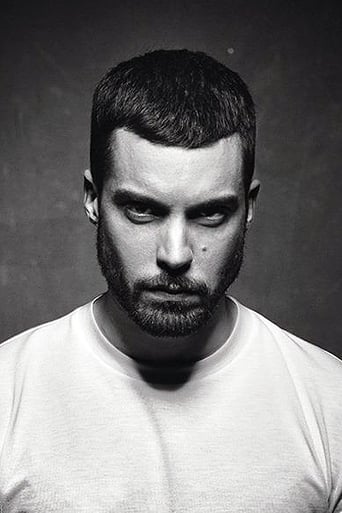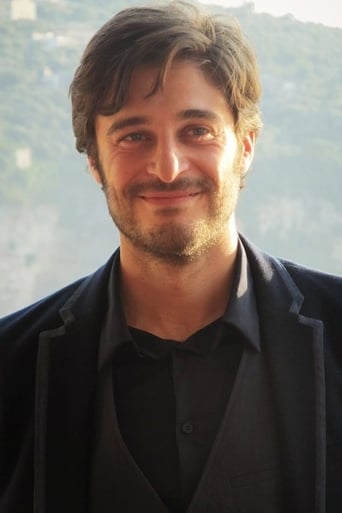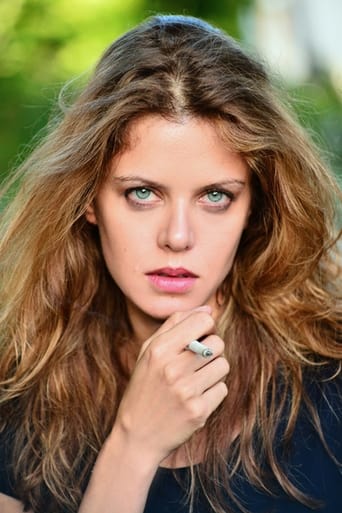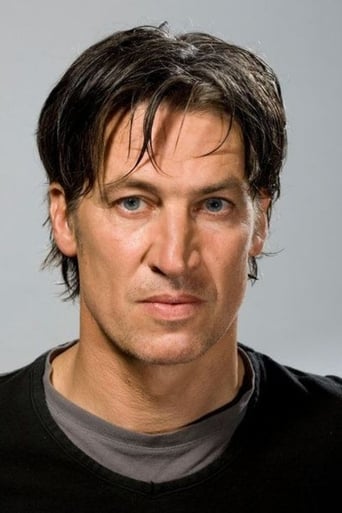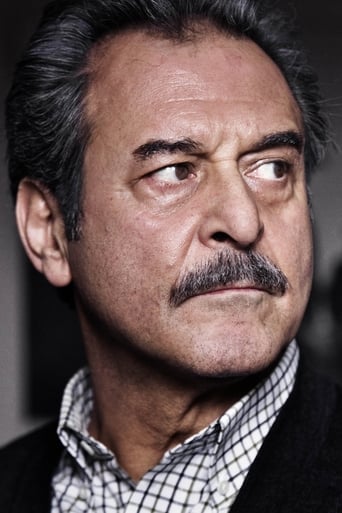ma-cortes
The Spaniard director Carlos Saura released this Italian/Spanish film in 2009 , a somewhat fictionalized account of Da Ponte, which attempted to link his life with his libretto for Don Giovanni . It's a stunning film full of superb music , literate , wit and an immensely dramatic fire . The picture has some striking visual images , lavish setting with enormous production design , terrific period piece in colorful scenario for the XVIII century filmed in Ciudad De la Luz , Alicante , España and Italy . Besides , containing nifty brilliant costumes , luxurious cinematography and breathtaking sets . A drama based on the life of 18th century Italian lyricist Lorenzo Da Ponte, Lorenzo Balbucci , who collaborated to the art of Libretto-writing and especially with Mozart on his known opera , "Don Giovanni" . In 1773 Da Ponte moved to Venice , where he made a living as a teacher of Latin, Italian and French . Although he was a Catholic priest , the young man led a dissolute life . While priest of the church of San Luca, he took a mistress, with whom he had two children. At his 1779 trial, where he was charged with "public concubinage" and "abduction of a respectable woman", it was alleged that he had been living in a brothel and organizing the entertainments there . He was found guilty and banished for fifteen years from Venice opera , from there he was to Vienna . With the help of Salieri, Da Ponte applied for and obtained the post of Librettist to the Italian Theatre in Vienna . Here he also found a patron in the banker Raimund Von Plankenstern, benefactor of Wolfgang Amadeus Mozart . As court poet and librettist in Vienna , he collaborated with Mozart, Salieri and Vicente Martín y Soler . Da Ponte wrote the Libretti for Mozart's most popular Italian operas , The Marriage of Figaro (1786), Don Giovanni (1787), and Così Fan Tutte (1790), and Soler's Una Cosa Rara . All of Da Ponte's works were adaptations of pre-existing plots, as was common among librettists of the time. With the death of Austrian Emperor Joseph II in 1790, Da Ponte lost his patron. He was formally dismissed from the Imperial Service in 1791, due to intrigues, receiving no support from the new Emperor, Leopold. Not being able to return to Venice, from which he had been banished , then he decided to head for London exercising a number of jobs including that of grocer and Italian teacher, and later on , he became librettist at the King's Theatre, London. But debts and bankruptcy caused him to flee to the United States and he died in 1838 in New York . In the film shows up several historical characters such as : Giacomo Casanova : Tobias Moretti , Imperatore Giuseppe II : Roberto Accornero , Wolfgang Amadeus Mozart : Lino Guanciale and Antonio Salieri : Ennio Fantastichini . Very good adaptation about the creative process of ¨Don Giovanni¨ , in fact Da Ponte's restructuring of the action enables a tighter format giving better opportunities for Mozart's musical structures . It is a splendid portrayal of grand passions , including rousing soundtrack , gorgeous sets , glamorous billowy gowns , with magnificent scenario for the 18th century Europe . The film is an intense drama added with historic elements and formidable performances . The incredible story of Lorenzo Da Ponte in 18th Century Venice and Vienna along with Giacomo Casanova , Mozart the greatest composer he has ever heard , and Salieri , the composer of court Joseph II . Lorenzo Balbucci delivers a stunning portrayal as a boorish Librettist , he gives fine acting as the libreto-writer kissed with genius who desires greatness but is tortured himself by jealous , sorrow , envy and love . Furthermore , events from Wolfgang Amadeus Mozart's life were incorporated into the screenplay , we are very interested in following developments , his attacks of angst , his poorness and relationship to wife and father Leopold . Actor Lino Guanciale as Mozart expresses musical genius and a first class finger-matching . And Giacomo Casanova is performed in masterly style throughout , conveying inner feeling by looks , movements and gestures .Evocative and picturesque cinematography by Vittorio Storaro . Entire film was shot in brilliant and glimmer colors . Terrific musical score by Mozart himself with orchestra directed by Roque Baños , as musical conductor of Mozart's music has a glorious sweep . Settting and costumes for the operatic productions were based on sketches of the original costumes and sets used when the operas premiered . The motion picture was lavishly produced by Andrés Vicente Gómez and Andrea Occhipinti and well directed by Carlos Saura . Devotees of the music will appeal this film which is a fine tribute to classical music .
ursulahemard
A movie for all of those who love Opera, love Mozart, and love 'Don Giovanni'. The central character is Lorenzo Da Ponte (10 March 1749 - 17 August 1838), a Venetian opera librettist and poet. The movie is about the 'making-of' of 'Don Giovanni' and Mozart and Salieri are very much present and well depicted. It seems that biographically and historically the story line is pretty much accurate. The costumes are lavish, the acting flawless and the directing exemplary. But what really keeps you mesmerized is the breathtaking cinematography (courtesy of Vittorio Storaro), a true artistic visual feast underscored with Vivaldi in the beginning and then Mozart through and through. P.S. Italian is the most beautiful language, when people speak, everything rhymes, as if all conversations were just one big sonnet...♥!Watchable with interested adolescents.
tcheriko
The film concerns the making of Mozart's opera Don Giovanni, from the point of view of the librettist, Lorenzo da Ponte. It portrays the main events and characters in the opera as a reflection of da Ponte's own life. I don't know if this is true historically, but it doesn't matter. As an artistic proposition, the idea is legitimate.As a lover of the actual opera, I expected little of this film but was favorably surprised. The film captures the exceptional mixture of drama and frivolity in the opera itself. In an understated manner, it also does justice to the tormented figure of Mozart and his extraordinary mixture of joie de vivre and tragedy.The photography, dealing with eighteenth-century material from a modern perspective, is simply breathtaking. So is the pace of events, which again is a reflection of the innovations in this respect in the opera itself.Highly recommended, especially if you love the opera.
